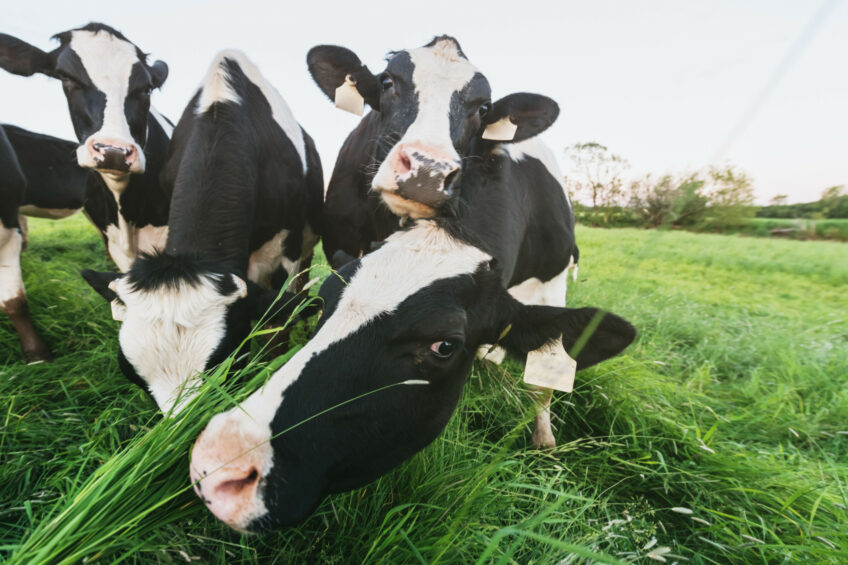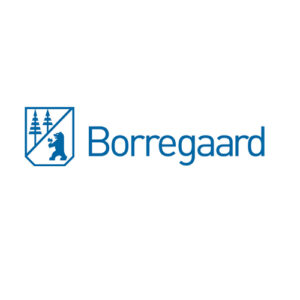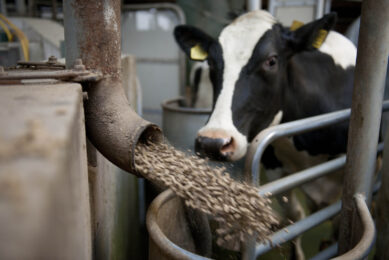Bypass proteins in methane management: A promising approach

Anthropogenic methane emissions are estimated at 9,390 million metric tonnes of CO2 equivalent as of 2020, presenting a significant environmental challenge (EPA, 2020). Enteric fermentation, a natural process within the digestive systems of ruminants such as cattle, sheep, and buffalo, accounts for 27% of these emissions (Figure 1).
Methane, a greenhouse gas with a global warming potential approximately 30 times greater than CO2, necessitates urgent mitigation efforts to combat climate change and its effects on energy, health, and overall performance.
By incorporating bypass proteins into the diets of dairy cows, nutrient digestion can be enhanced, excessive rumen fermentation reduced, and gas production (including methane) minimised. Optimised protein utilisation reduces enteric fermentation, significantly decreasing methane emissions and offering considerable environmental benefits.
Through strategic dietary interventions focused on bypass proteins, the dairy industry has the potential to make meaningful contributions to methane mitigation efforts while improving overall environmental sustainability.
Trial design
A comprehensive trial was conducted at the research centre Blanca From the Pyrenees in Spain. The study involved 250 Holstein cows divided into 4 groups, each receiving different bypass protein types as substitutes for soybean meal (SBM): SoyPass (protected soyseed cake), RaPass (protected rapeseed cake), and SoyPreme (protected soyseeds). Over a 42-day period, milk yield, fatty acid profile, digestibility, and methane emissions were meticulously monitored.
Results
Milk yield improvement
RaPass supplementation led to the highest increase in milk yield. Specifically, RaPass resulted in an additional 2.8 kg of milk per cow per day, outperforming SoyPass (0.9 kg) and SoyPreme (0.6 kg) (Figure 2).
Healthier milk fatty acid profile
Bypass proteins positively influenced milk’s fatty acid profile, increasing beneficial polyunsaturated fatty acids (PUFAs). The observed increases in PUFAs were 28% for RaPass, 11% for SoyPass, and 45% for SoyPreme.
Highly digestible raw material
RaPass demonstrated superior digestibility compared to SBM, contributing to reduced methane emissions. The total crude protein (CP) digestibility of RaPass reached 96% of that of soybean meal, indicating its effectiveness as a digestible protein source.
Methane reduction
RaPass supplementation significantly reduced methane emissions, promoting environmental sustainability. Methane intensity, measured in litres per kilogram of milk, decreased by 10.4% with RaPass, compared to 5.5% reductions with both SoyPass and SoyPreme (Figure 3).
Substantial reduction in CH4
In this trial, a substantial reduction in methane (CH4) intensity was achieved. The theoretical calculation indicates that 1 tonne of RaPass substituting SBM could potentially generate a reduction of 629 kilograms of equivalent CO2 under the specific trial conditions. Applying the same calculation to SoyPass, a reduction of 476 kilograms of methane per ton of SoyPass fed to dairy cows can be achieved.
Efficacy of bypass proteins
The findings highlight the efficacy of bypass proteins, particularly RaPass, in enhancing dairy production efficiency and mitigating methane emissions. Improved nutrient digestion, a healthier milk fatty acid profile, and reduced methane emissions associated with RaPass supplementation emphasise its potential as a sustainable dietary alternative for dairy cows. Additionally, being derived from locally harvested rapeseed in Europe, RaPass exhibits a favourable carbon footprint compared to soybean meal.
Conclusions: Reducing emissions while enhancing productivity
Dietary strategies incorporating bypass proteins present promising opportunities for reducing methane emissions in dairy farming while enhancing productivity. The significant improvements in milk yield, fatty acid profile, digestibility, and methane reduction underscore the importance of integrating bypass proteins into dairy cow diets for sustainable agricultural practices.
RaPass, a sustainable protein source derived from rapeseed, offers considerable advantages over soybean meal in terms of carbon footprint and protein optimisation. Utilising RaPass in animal feed not only provides high-quality protein comparable to SBM but also results in lower environmental impact. Rapeseed cultivation in Europe requires fewer resources and emits fewer greenhouse gases compared to soybean production, which is often associated with deforestation and extensive land use. By integrating RaPass into feed formulations, producers can optimise protein use while reducing their carbon footprint, contributing to more sustainable livestock production practices.
Join 13,000+ subscribers
Subscribe to our newsletter to stay updated about all the need-to-know content in the dairy sector, two times a week.



